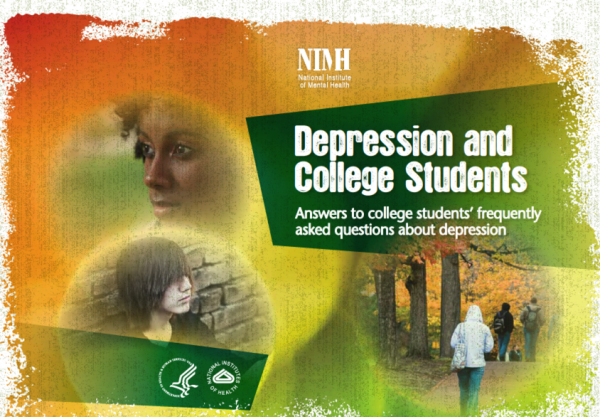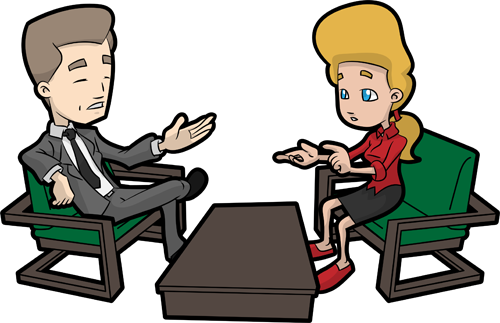Help with Depression | What happens when my day is disrupted
Mental Health affects everyone, no one is immune to depression | Minneapolis Mental Health
Everyone occasionally feels blue or sad, but these feelings are usually fleeting and pass within a couple of days.
When a woman has a depressive disorder, it interferes with daily life and normal functioning, and causes pain for both the woman with the disorder and those who care about her. Depression is a common but serious illness, and most who have it need treatment to get better.
Depression affects both men and women, but more women than men are likely to be diagnosed with depression in any given year.1 Efforts to explain this difference are ongoing, as researchers explore certain factors (biological, social, etc.) that are unique to women.
Many women with a depressive illness never seek treatment. But the vast majority, even those with the most severe depression, can get better with treatment.
So, what do you do about it?
First thing, is to realize that this cannot be taken lightly, it doesn't go away on its own. Here are some of the symptoms of depression that will help you in identifying (for yourself) what to look for.
- Persistent sad, anxious or “empty” feelings
- Feelings of hopelessness and/or pessimism
- Irritability, restlessness, anxiety
- Feelings of guilt, worthlessness and/or helplessness
- Loss of interest in activities or hobbies once pleasurable, including sex
- Fatigue and decreased energy
- Difficulty concentrating, remembering details and making decisions
- Insomnia, waking up during the night, or excessive sleeping
- Overeating, or appetite loss
- Thoughts of suicide, suicide attempts
- Persistent aches or pains, headaches, cramps or digestive problems that do not ease even with treatment
Please be careful not to self-diagnose, only a licensed practioner can identify and prescribe for you an appropriate plan of action.


